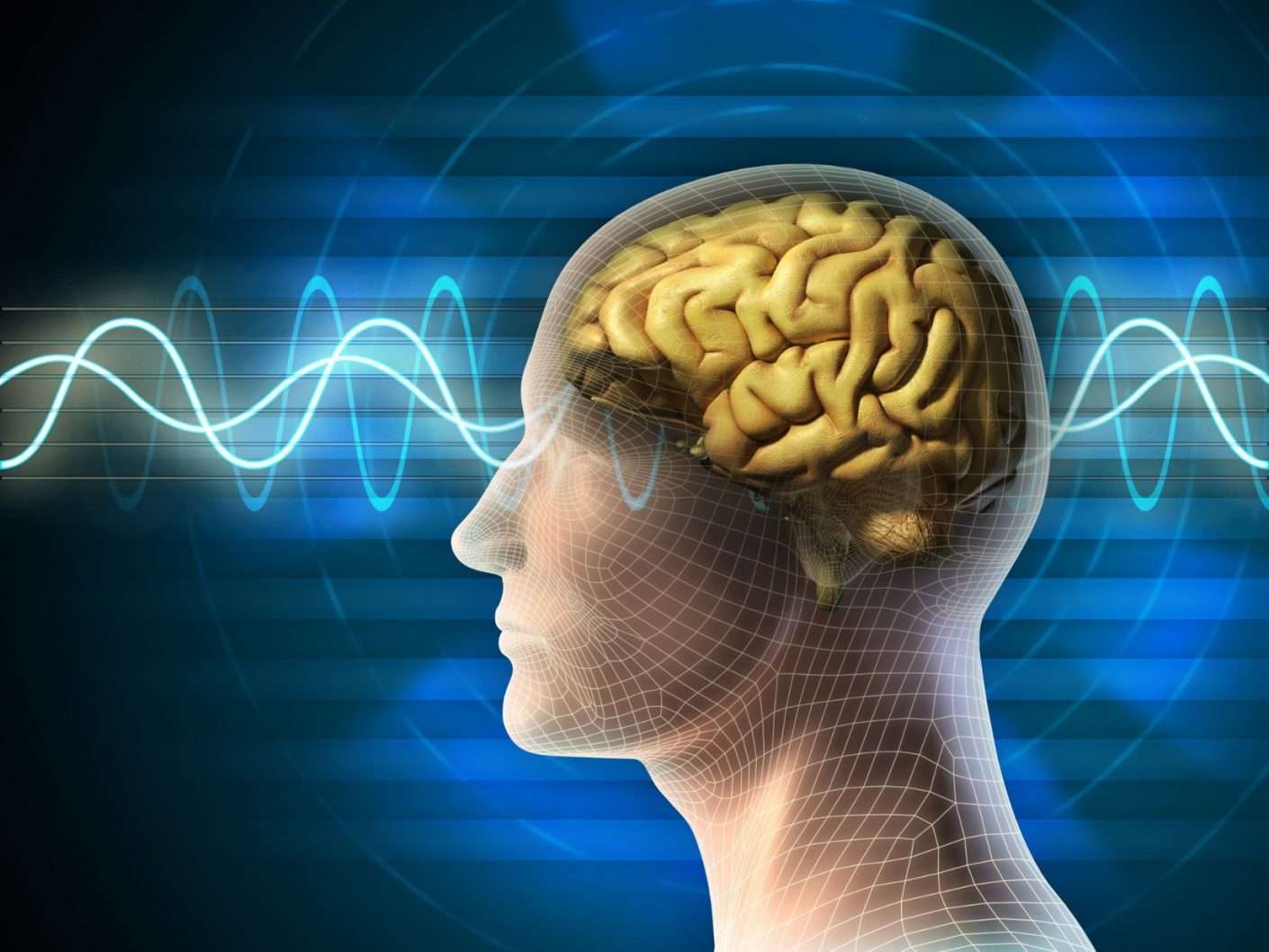Recent sleep studies conducted by the Better Sleep Council reveal a good night’s sleep is the most important factor for good health and well-being. More vital to wellness than even a healthy diet and exercise. When we are well rested we have more vitality and feel more energetic, our brain functions better, our decision making improves, we are able to handle stressful situations and perform better at our jobs or study.
There are a few things we can do to improve our quality of sleep:
- Avoid alcohol prior to going to bed. Alcohol can help us drift off to sleep quickly having a mild sedative effect, however as the night goes on you spend less time in the deep sleep state and more time than usual in the REM sleep state. You may wake easily, needing to visit the toilet as alcohol is a diuretic dehydrating the body and causing the dry horrors. Who hasn’t woken up after a big night with your mouth feeling like the bottom of a bird cage?
- Avoid caffeine late in the evening. Caffeine is a stimulant and diuretic making it difficult for us to get to sleep and likely to cause us to wake during the night to relieve ourselves.
- Make lists of things to be tackled the following day before you go to bed so they’re not swimming around in your head.
- Try to have some relax time prior to going to bed, such as taking a hot shower or bath, reading a book or getting cosy and intimate with your favourite other. Or try a few moments of deep breathing in a meditative frame.
- Avoid anything that is likely to increase thoughts or overwork the brain like the latest crime drama on tv or listening to your favourite death metal album.
- Ensure you have the right mattress product for your body shape and size and personal preference. Supportive enough so you have correct spinal alignment but not too hard, and soft enough in the surface layers so you relax quickly and avoid pressure point discomfort. A pocket spring system is great as it helps reduce partner disturbance giving you a better chance of uninterrupted and restful sleep.
ABOUT THE AUTHOR


